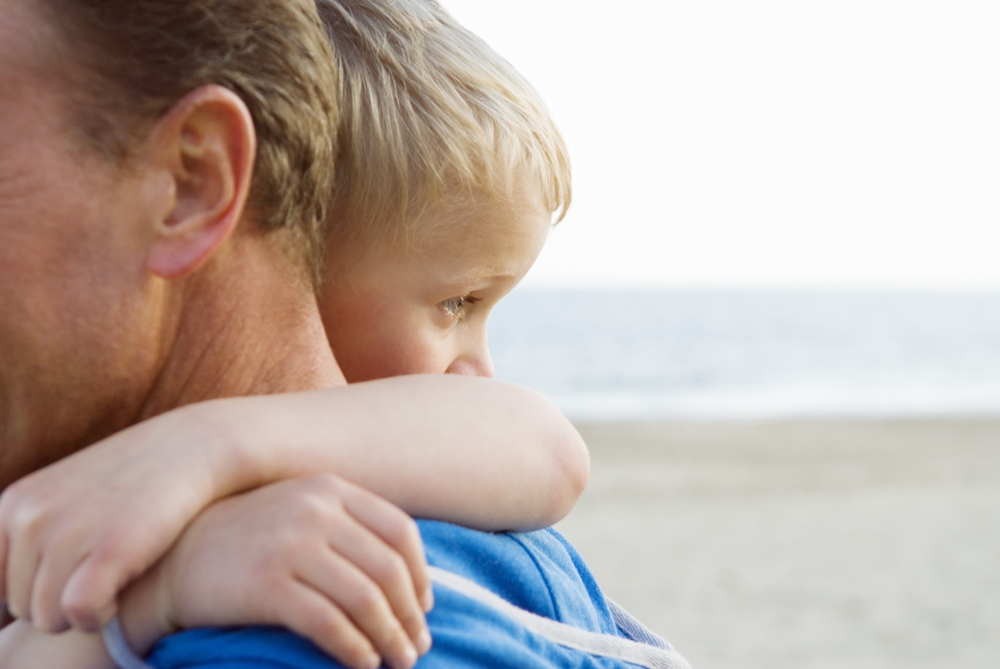Right now, the unthinkable is happening to you: after first dates and courtship; after years of mutual investment of time and effort; after countless proclamations of “I love yous,” and “I’ll be better;” you and your spouse have decided that the best thing for you both is to dissolve your marriage and get a divorce. It’s difficult. It’s heartbreaking. And then there’s one huge issue left weighing on your mind: how is this situation going to affect your child?
You might be hoping that your child is resilient enough to stumble through the whole disorienting venture completely unphased, but most child psychologists would disagree with you. They’d most likely advise you that—no matter your child’s age—they are far more perceptive than you may give them credit for; they can be deeply impacted by their parents’ behaviors throughout this experience. Because they love both of their parents so much, a child might even feign happiness—so as not to further hurt a beloved parent they know is already hurting—while they are secretly hurting themselves. They can be disoriented by trying to work out their place in a restructured family unit, and even emotionally and psychologically distraught if they’re allowed to see too much of their parents’ dysfunction.
It’s perfectly normal for you to want to vent about your soon-to-be-ex-spouse in spaces in which your child might overhear you, but you have to consider the long-term ramifications of that sort of behavior. If your child grows up learning to distrust their mother or their father—or even worse, to associate them with the terms “loser, jerk, crazy, stupid,” or “lazy” that you’ve used carelessly—how will this affect their future relationships with other people once they’re adults? Many children who grow up to suffer from commitment and trust issues report to therapists that they first developed those patterns after suffering through their parents’ volatile divorce at home. Read on for some tips of what not to put your child through during yours:
They’re a child: not a UPS employee
Don’t allow your child to deliver any money, forms, or other documents pertaining to the divorce between you and your ex.
They’re a child: not a psychiatrist
Hire a professional adult to help you through the emotional rollercoaster that comes with a divorce. If that’s not financially viable, with just a little research, you can find many free support groups to join that will facilitate peer-to-peer guidance.
They’re a child: not an eager best friend
Studies show that vitriolic venting about your ex-spouse can have a drastic effect on your child, culminating in emotional and behavioral issues that follow them into adulthood. Vent with your fully-grown friends.
They’re a child: not a ping-pong ball
Do not put your child through the trauma of having to bounce back and forth between sides. Emotionally healthy children are trusting and loving, and can ably handle loving both of their parents through a divorce, as long as they’re given a chance.
They’re a child: not a weapon
When you “punish” a spouse by restricting your child’s time with them (barring any legitimate concerns, of course), you are also punishing your child.
The bottom line is: your child is a child. As difficult as this situation is for you, imagine that stress doubled, as your child watches two people they love both struggles through one of the most difficult periods of their respective lives. Make it easier on them, by making it easier on you. Hire professionals to guide you through the process legally and emotionally. The professionals at Rulon T Burton and Associates are here to help you through every step of the process so that you can keep being the best you for your child.
